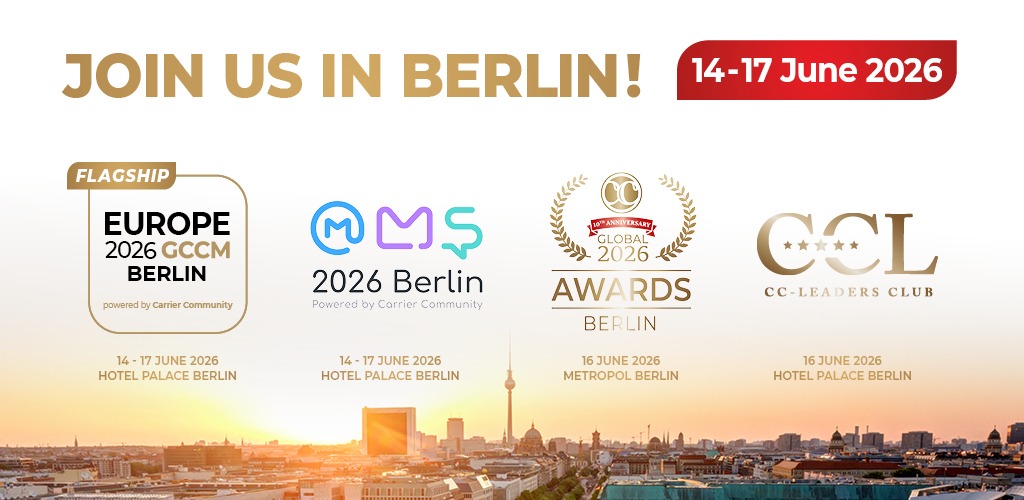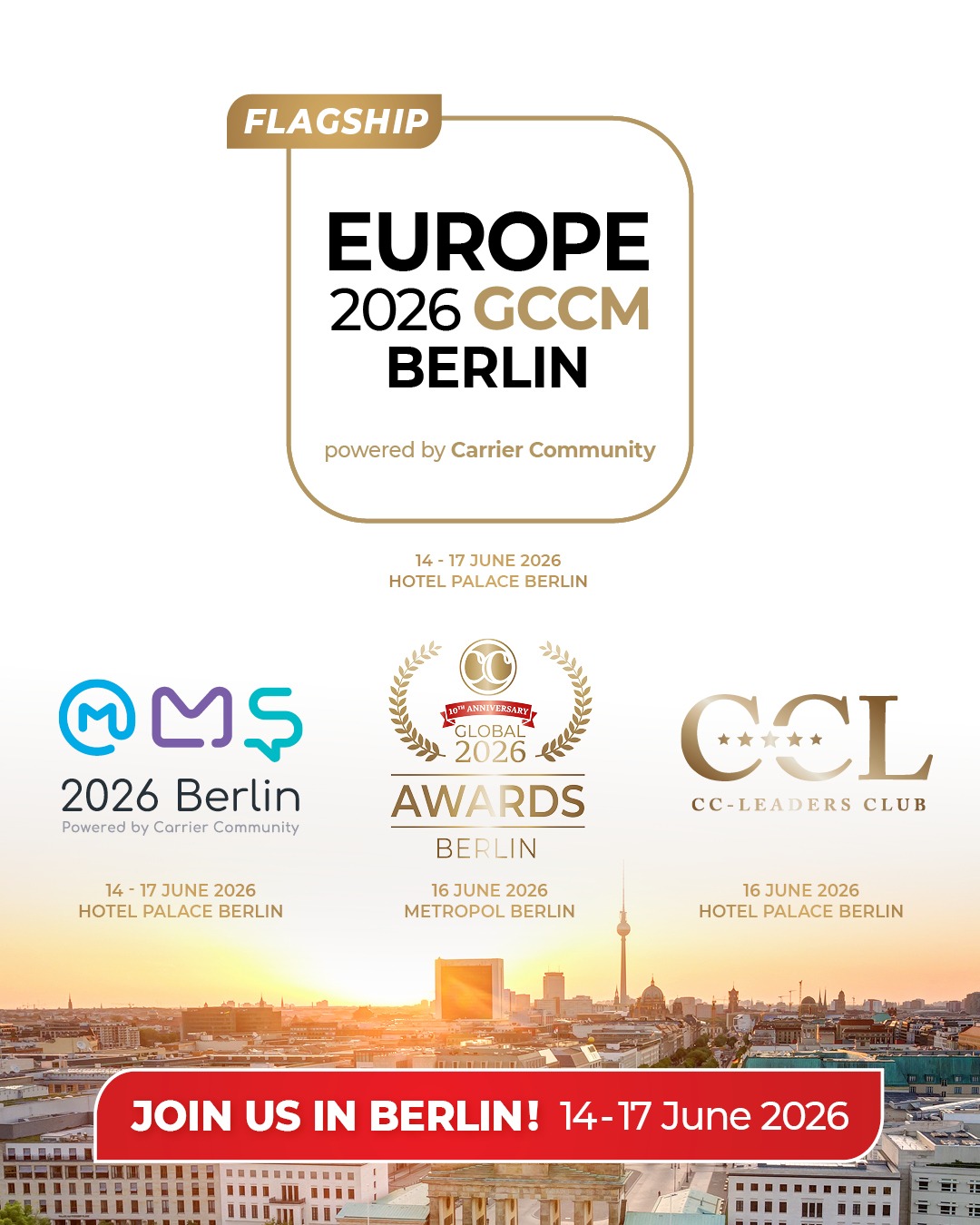Author: Isabelle Paradis, President. HOT TELECOM
Vivek Jhamb is Senior Vice President, Connectivity at Vodafone Carrier Services. He is responsible for Vodafone’s connectivity business with Communication Service Providers (CSPs) globally, including submarine cable investment strategy, partnerships and all sales, commercial and service engagements for their extensive portfolio of connectivity products.
Based on the current trends impacting our industry, as shared by Vivek in this article, it is clear that enabling hyper-connectivity and the experiential and seamless customer expectations that come with it, will underpin the future success of our industry.
Having built multiple successful businesses throughout his career, Vivek is a master builder of sorts and one of the industry’s most experienced and successful executives in the connectivity world. As you will see from his outlook of our industry, the future is bright for the connectivity world and for those who have what it takes to enable the future Gigabit Society.
LIVING THE DOTCOM DREAM
What do you think are the key trends currently impacting our industry and the connectivity world more specifically?
With the evolution of the mobile space to 4G, and 5G in the future, we are seeing the intelligence and processing being pushed to the edge of the network as far as the customer device. At the same time, in order to give the best experience to the end-users, content is also being moved to the edge of the network as close to the customer as possible.
This is not only driven by the need for better customer experience, but also by regulation and data privacy laws, as most countries stipulate that customers’ personal data cannot be taken out of the country. This means that the content needs to reside in the national geographies.
Additionally, with the exponential growth in data and content demand, which increasingly resides on local clouds, this translates in the need for hyper-connected pipes nationally between the data centres and internationally to push the common content to the global audience.
Consequently, we are seeing a significant shift in that content providers are becoming more and more critical to the connectivity ecosystem than ever before. They have billions to invest in network capacity and infrastructure and operators such as Vodafone, are actively engaging to help meet their requirements and build the digital future of the industry.
It is clear that we are living the dotcom dream now, as we are building the hyper-connected world that Silicon Valley imagined two decades ago.
IOT – THE INTELLIGENCE OF THINGS
Everybody is talking about IoT these days. How do you think IoT will impact our business in terms of connectivity and business models?
I think of IoT, as the Intelligence of Things, because in my view, IoT is a systems integration solution trying to move the intelligence from the edge of our network to the core platform, where decisions are made in most use cases.
Obviously, a lot of decentralization will happen when it comes to decision making, so that the whole IoT ecosystem is as efficient as possible. But in many cases, the aggregate critical decision making will take place in the centre of the IoT core.
The IoT network will therefore need to link everything back to the core securely, in our case over a full virtual private network.
Selling IoT solutions is definitely not as simple as selling traditional connectivity, as a different ecosystem needs to be built for almost each and every use case you want to address.
As a leader in delivering IoT solutions, Vodafone has developed its own service delivery platform called the Global IoT Platform. We still need to partner with different system integrators and device manufacturers to deliver an end-to-end IoT solution tailored to each application.
IoT is a very specialized area, which is sold more as a system integration solution than a transport solution. IoT deployments could have sales cycle of 2-3 years.
Many decisions on IoT are taken during the product design stage, so the IoT specification definition is an integral part of a new product development. Potentially, it is a very long sales cycle, however once you are in, you are in for the lifespan of the product.
Finally, the business model is not about bits and bytes, but rather a service-based model, as you don’t only provide a SIM card or the network to transport the data, but the end-toend solution. So IoT represents a complete evolution of how you address and serve your customers.


